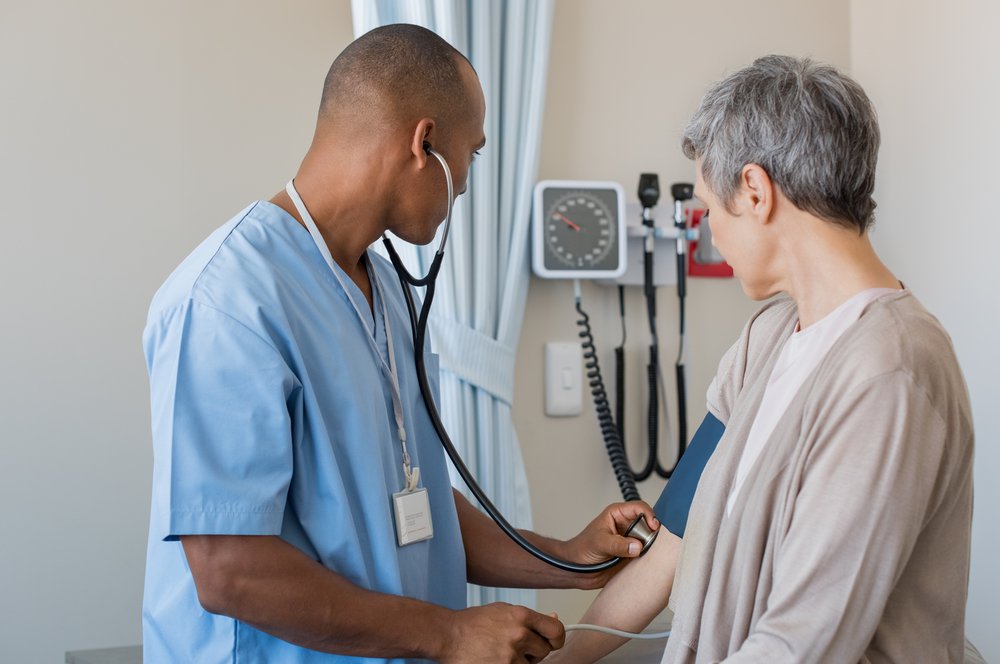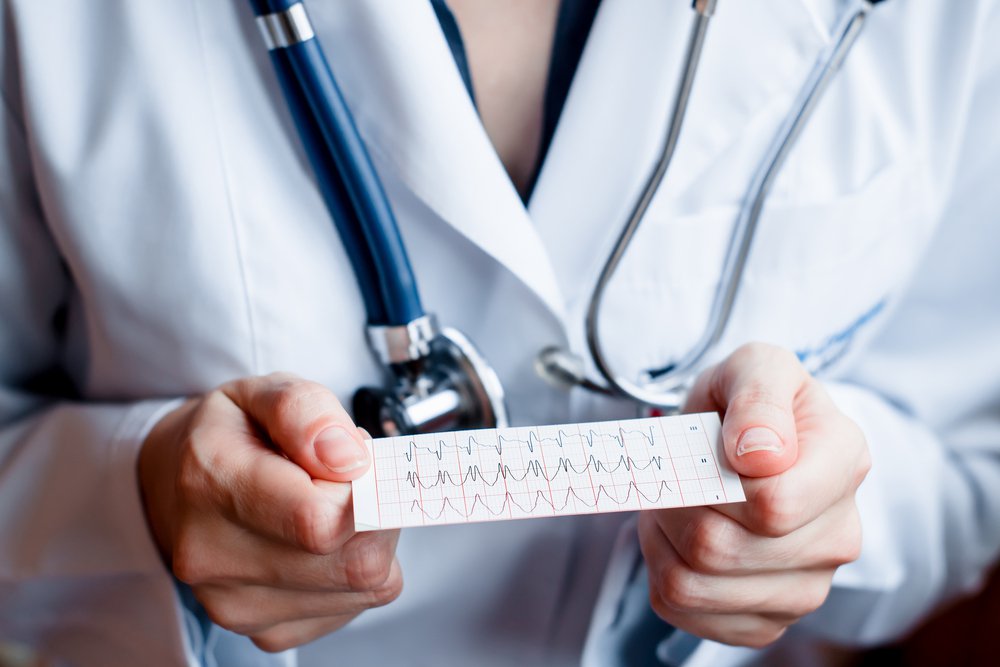Conditions
The big 5-0 equals new challenges for your ticker: Women, menopause can hurt your heart; guys, your risk climbs sharply, starting now. Cardiologists reveal the changes happening in your body that hurt your heart.
Your heart risk rises
Heart disease is the number one killer in the United States, responsible for nearly one in four deaths, reports the Centers for Disease Control and Prevention (CDC). While men have been getting the message about heart risk, nearly half of women surveyed by the CDC don’t realize that heart disease happens to be their top threat as well. About the same number of men and women die from heart disease every year, according to the CDC, and risk really takes a jump at midlife: At around 45 years of age, a man’s risk of a heart attack begins to climb steadily; the average age for a man to suffer a heart attack is 66. For women, menopause—which usually kicks in around age 50—can lead to heart and artery changes that raise the likelihood of cardiac disease.
Men and women: Your heart hardens
Starting around 50, the heart muscle begins to stiffen up, making it tougher to pump blood efficiently throughout the body, according to the Cleveland Clinic. The medical term for the phenomenon is diastolic dysfunction: The muscle isn’t able to relax after each beat, increasing wear and tear. For women, hormonal changes can make matters worse: “When estrogen levels decline, women often develop stiffening of the heart muscle,” says integrative cardiologist Regina Druz, MD, FAC, IFMCP, of the Integrative Cardiology Center of Long Island. Don’t delay in seeking help if you have the hallmark symptoms such as shortness of breath, fatigue, swelling in the legs, ankles, and feet, rapid heartbeat, and coughing up pink and foamy mucus. Women, watch out for these 8 sneaky heart attack symptoms.
Women: Lower estrogen drives up heart risk
Estrogen is essential for the maintenance of a lot of body functions, including reproductive health, bone development, mood management, and heart health. When menopause hits—usually between the ages of 50 and 54—estrogen takes a nose dive. “With a decline in estrogen levels, several things happen in a woman’s body,” says cardiologist Kavitha Chinnaiyan, MD, director of Cardiac Imaging Research and associate professor of medicine at Beaumont School of Medicine. “Many of these changes result in the development of risk factors for heart disease, including high blood pressure, high cholesterol, and diabetes,” she says. Here are 10 surprising health risks that happen after menopause.



